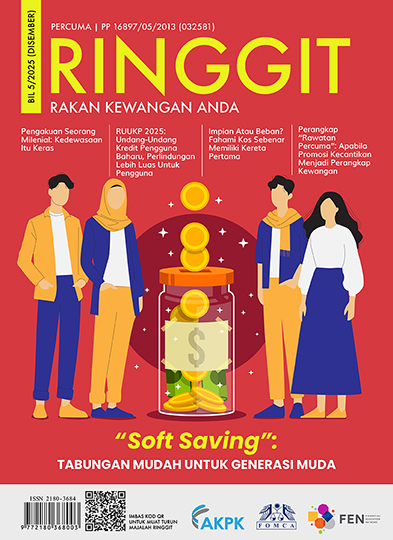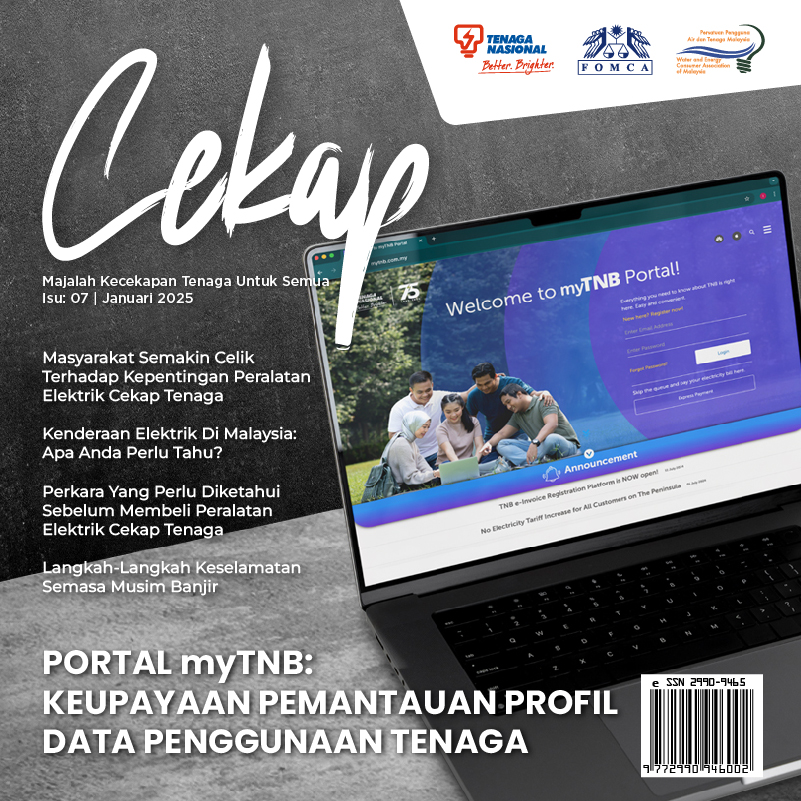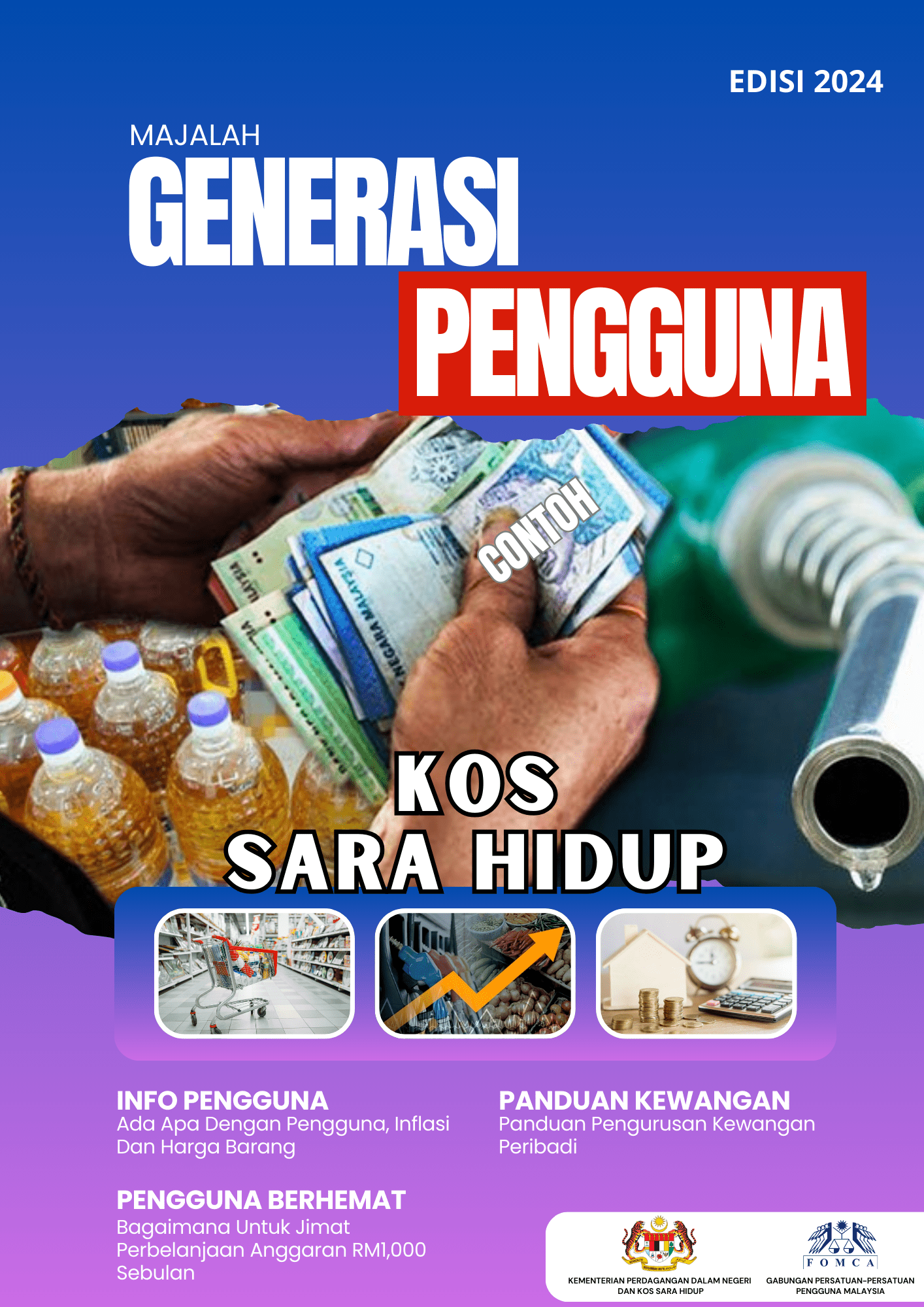 Monday, March 28th, 2022
Monday, March 28th, 2022
THE central bank is expected to announce successful applications for the country’s first digital banking licences. During the six-month application period, which ended on June 30, 2021, Bank Negara Malaysia (BNM) received 29 applications.
Banks, industry conglomerates, technology enterprises, e-commerce operators, fintech players, cooperatives and state governments were among those who applied. Five digital banks will be granted licences to provide financial services to under-served and unserved populations.
Numerous applicants already provide financial services via mobile wallets and payment systems.
Successful applicants will be required to contribute to increased financial inclusion by offering goods and services that solve market gaps in underserved and unserved segments.
By utilising the innovative application of technology, the programme strives to promote relevant and affordable financial solutions.
Axiata Group Bhd and RHB Banking Group Bhd had entered into a memorandum of understanding to apply for a digital banking licence under the framework issued by BNM.
Axiata, via its subsidiary Boost Holdings Sdn Bhd, and RHB signed a comprehensive heads of agreement yesterday to form a consortium for the application to increase competitiveness and accelerate the country’s digital transformation and financial inclusion ambition.
In a joint statement filed to Bursa Malaysia yesterday, the parties stated Boost will hold a majority stake of 60%, while RHB will hold the remaining 40% in the digital bank, subject to approval from the central bank.
Additionally, Aeon Credit said that it will partner with its parent business, Aeon Financial Service Co Ltd, for the digital banking licence. It will own 40% of the company, while its parent company will own 60%. In Malaysia, Aeon Credit primarily provides financial services to members of its retail network.
Furthermore, Angkasa-Boustead Holdings and Boustead Holdings have indicated their intention to enter the digital banking space. The consortium stated that it will initially focus on its captive market of seven million people and at least 10,000 co-operatives, the majority of which are in unserved or under-served regions.
Additionally, they disclosed that they presently process RM15 billion in loan transactions annually.
BigPay, another fintech that frequently refers to itself as a challenger bank akin to Monzo, is another contender in this battle. It is supported by AirAsia, which also has a stake in the insurance industry through its subsidiary Tune Insurance.
On July 1, the company announced the formation of a partnership with Malaysian financial institution Malaysian Industrial Development Finance Bhd and Singapore-based private equity fund manager Ikhlas Capital Singapore Pvt Ltd.
Grab has also confirmed its application for a digital banking licence, making it the most frequently cited example of how digital banking may be used to disrupt traditional financial institutions.
It’s worth noting that Malayan Banking Bhd owns a 30% indirect investment in GrabPay in Malaysia, which was registered as GPay Network (M) Sdn Bhd.
GreenPacket has also filed a bid for an Islamic digital banking licence alongside Zico Holdings and M24 Tawreeq. Zico Holdings provides professional advice services, whereas M24 Tawreeq specialises in digital Islamic factoring.
iFast, Singapore’s wealth management platform, has also revealed its intention to become a digital bank via its Malaysian subsidiary. On June 30 last year, iFast stated that it would make a bid with three partners — army cooperative Koperasi Angkatan Tentera Malaysia, investment firm THZ Alliance and Lee Thiam Wah, 99 Speed Mart Sdn Bhd’s founder and majority stakeholder.
Pertama Digital Bhd, a publicly-traded Malaysian company best recognised for its consumer-to-government payment services, initially launched its request for a digital banking licence through Crowdo.
ACE Market-listed technology firm PUC Bhd revealed that it has submitted an application for a digital bank licence via a consortium formed with two state governments and a conglomerate.
Meanwhile, ManagePay Systems Bhd announced its wholly-owned subsidiary, ManagePay Services Sdn Bhd (MPSB), had submitted an application for a digital banking licence, in partnership with three local strategic partners.
It noted that the three strategic partners are Bumiputera entities that have expressed their interest in investing up to 45% in aggregate in MPSB’s equity if the application is successful, subject to prior regulatory approval.
In April, Paramount Corp Bhd acquired a 30% investment in peer-to-peer lending platform Fundaztic, a move that appears to be targeted at increasing its chances of obtaining a digital banking licence.
Fundaztic is one of the first peer-to-peer financing platforms in Malaysia licensed by the Securities Commission Malaysia which has disbursed close to RM150 million, supporting more than 2,350 micro, small and medium enterprises, since 2017.
In June, Sunway Bhd announced it will apply for a digital banking licence to be issued by the country’s central bank.
Sunway owns and manages Sunway Money, an online and licensed remittance house that is fully digital. The company is also the majority shareholder of a credit reporting agency, Credit Bureau Malaysia.




